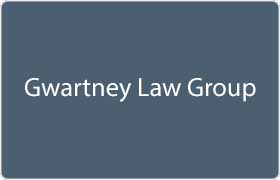Payne County, OK Estate Planning Lawyers
Sponsored Law Firm
-
 x
x

Click For More Info:
-
Gwartney Law Group
16312 Muirfield Place Edmond, OK 73013» view mapEstate Law A Law Firm You Can Trust
Aaron has extensive experience and expertise in the areas of Business and Estate Law.
405-285-8121
Includes: Gift Taxation
Leann Drummond Ellis
Wills & Probate, Trusts, Gift Taxation, Estate Planning
Status: In Good Standing
Jared Harrison
International Tax, Wills & Probate, Estate Planning, Business
Status: In Good Standing
Leann Drummond Ellis
Gift Taxation, Estate Planning, Business, Property Damage
Status: In Good Standing
 Aaron Gwartney Edmond, OK
Aaron Gwartney Edmond, OK
